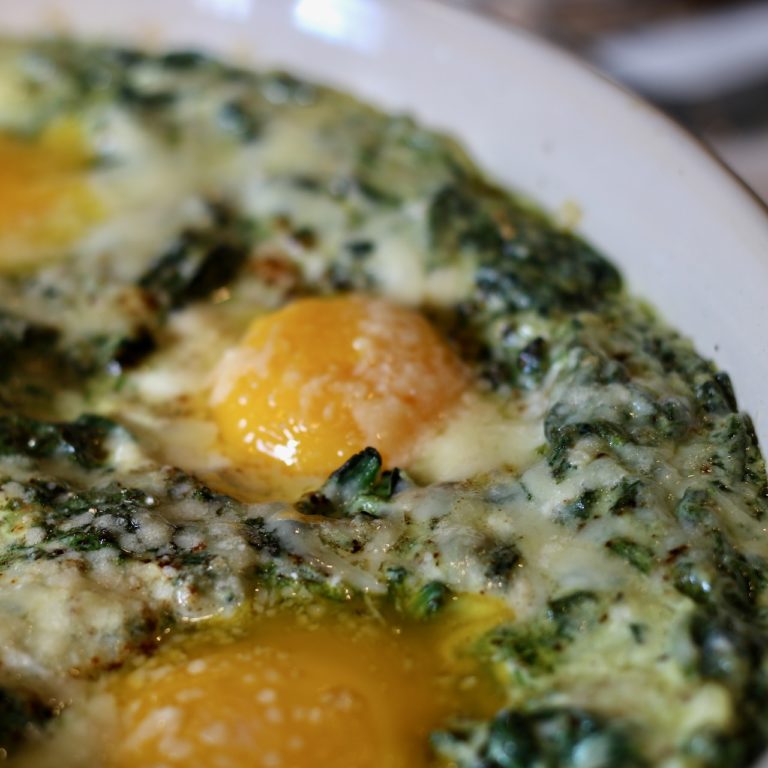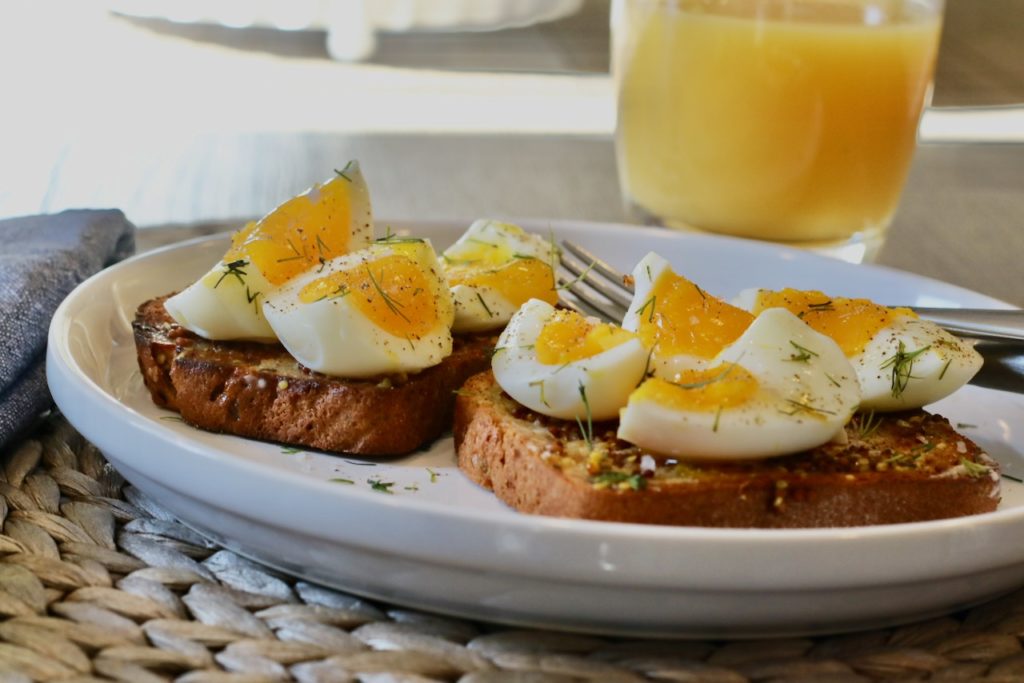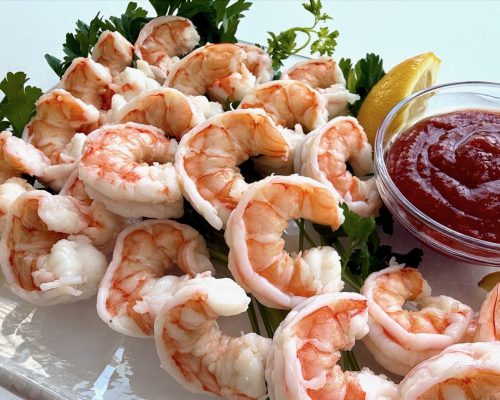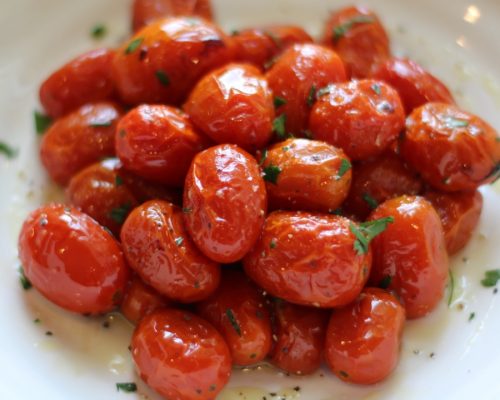We love a good bacon, egg & cheese sandwich at my house. But sometimes you really have to change it up, especially since we have been house bound for most of 2020 and going out for Sunday Brunch has pretty much been pulled off the table. So I’ve been working on sassing up Sunday breakfasts on my own table.
The purpose of this post is to share some of my experiments in the kitchen to get that creative culinary mind of yours going, and thinking of new ways to serve up eggs at your house.
I’ve tried making eggs so many ways over this past year in quarantine, and I have learned so much, that I want to share some of it with you.
What I have learned
I’ve learned that baked eggs are hard to make. The whites never set before the yolks are well over cooked. I tried different size baking dishes, about 8 different recipes, I tried different locations in the oven and of course different temperatures. None of it worked. I became determined and realized the best way to control the doneness of baked eggs is to separate the whites from the yolks and add the yolks only after the whites start to set.
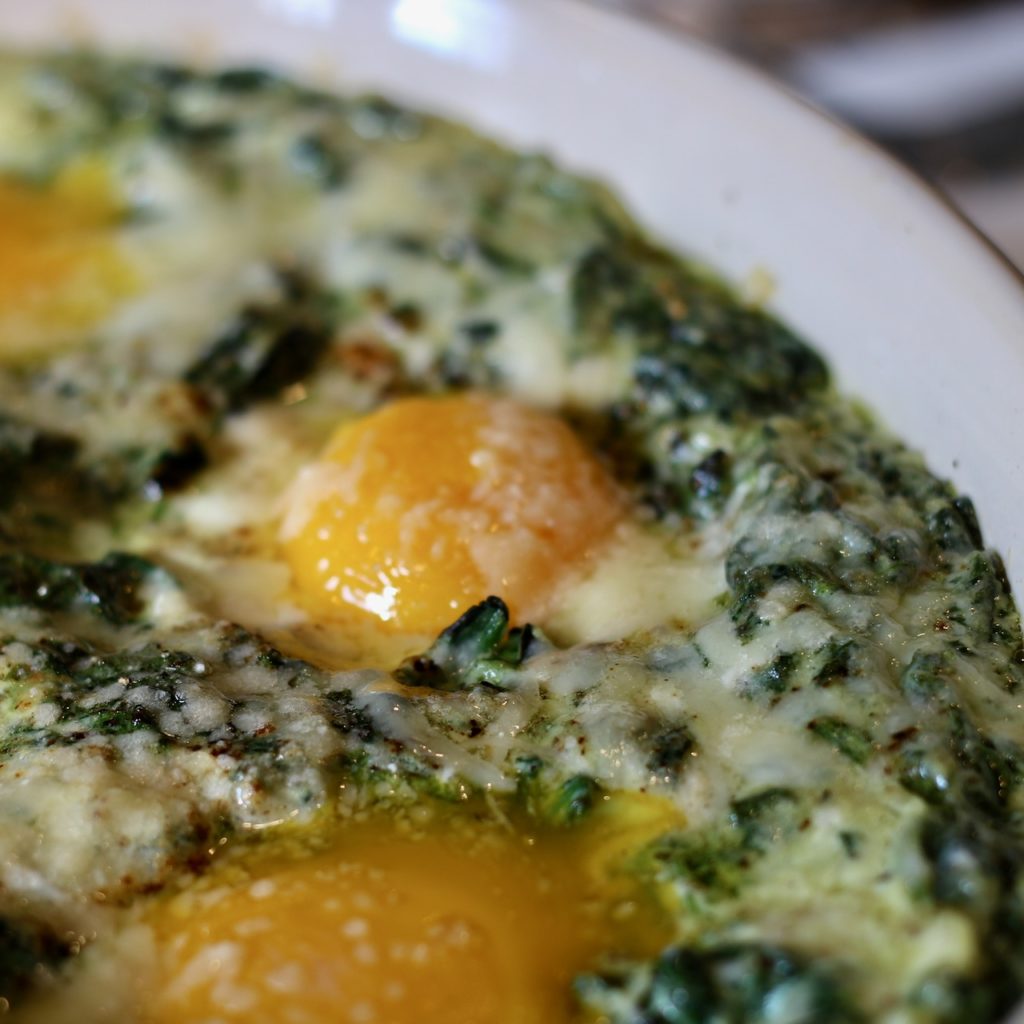
Creamed Spinach Baked Eggs 
Mini Bacon Egg & Cheese
I’ve learned the exact timing of boiling eggs to get perfectly jammy yolks and well cooked whites. (Add the eggs to cold water and bring the water to a boil. When the water starts to boil, start a timer for 3 minutes. Remove the eggs and let rest for a minute or two until cool enough to handle. Perfectly jammy eggs. Every time.)
I have learned that a good hash is equally rustic and impressive. Hash is simply seasoned potatoes of any variety mixed with whatever vegetables you have on hand, seasoned with whatever you want to season it with, and it always seems to go great with eggs.
I’ve learned that the only thing better than a Bacon, Egg & Cheese sandwich is a mini Bacon, Egg & Cheese sandwich.
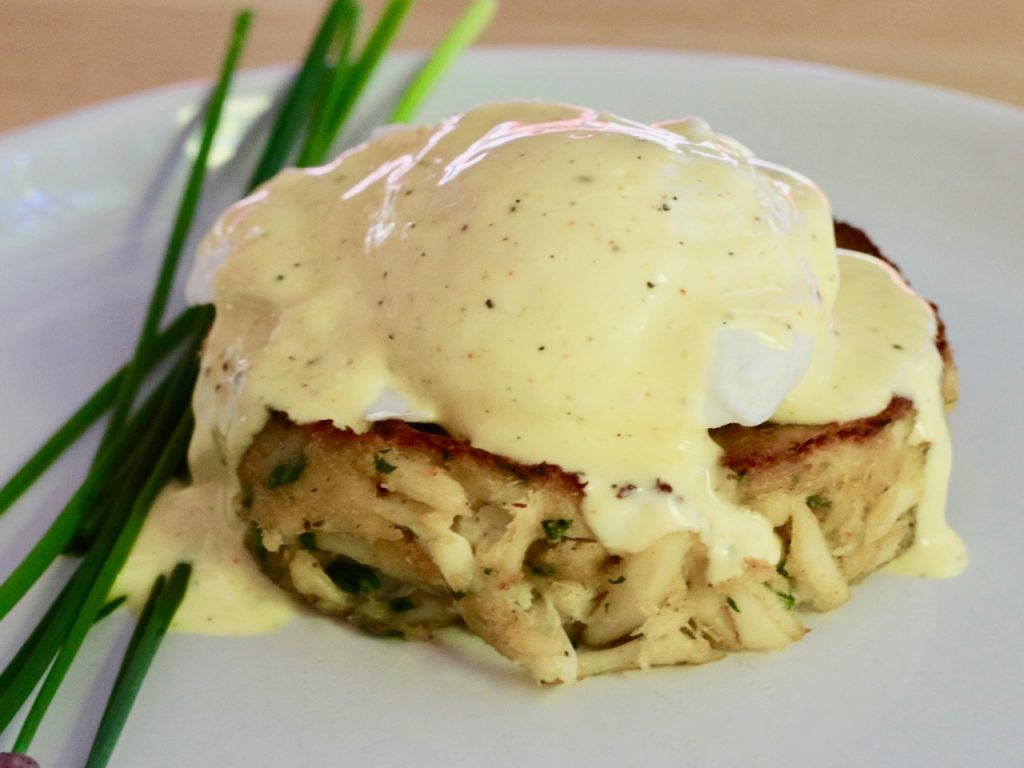
Crab Cake Benedict 
Steak & Eggs Crostini 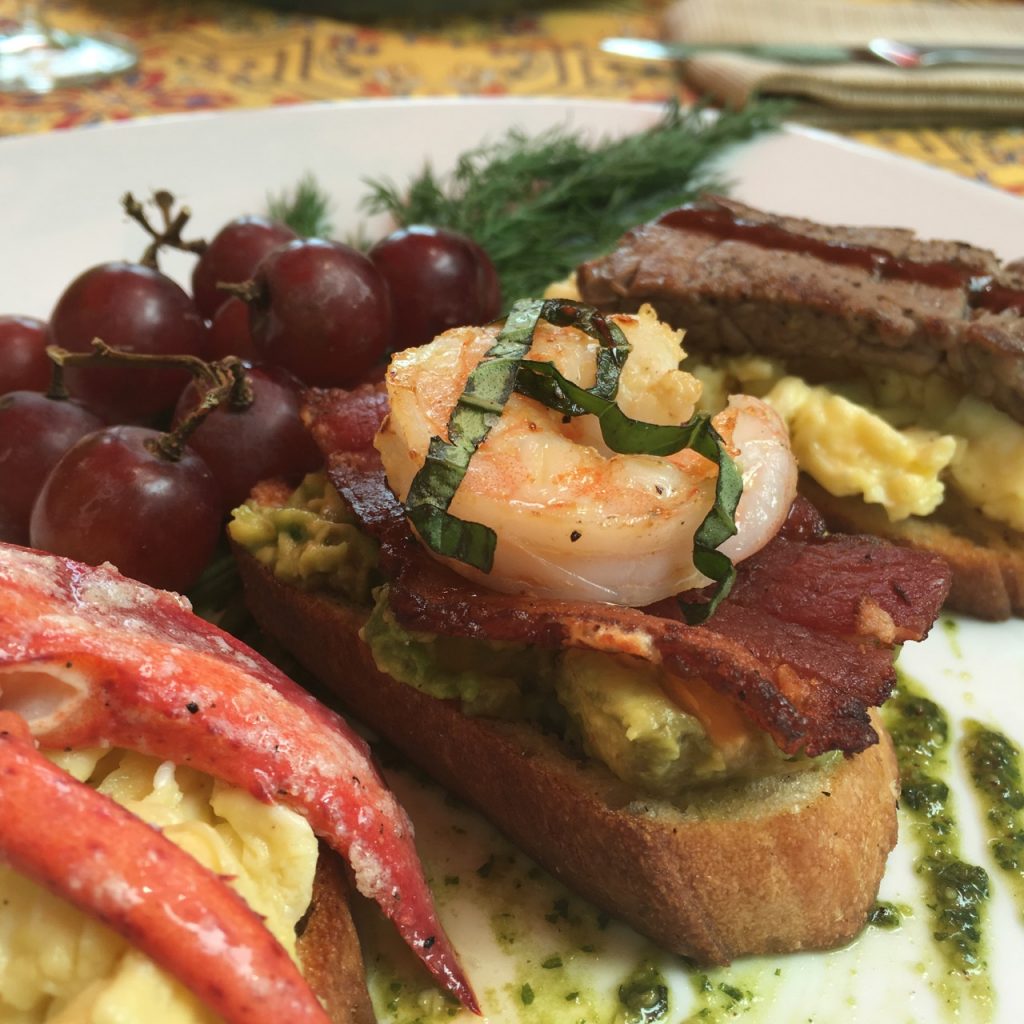
Brunch crostini
I’ve learned that breakfast Crostinis are an awesome addition to any Sunday morning! Especially if you have some leftover steak. (Learn the basics on how to make crostini here.)
I’ve learned that Hollandaise Sauce is not that hard to make. Now, I’m making Eggs Benedict whenever I get the chance.
I learned that you can use a pre-made flatbread and make a breakfast pizza. Next time I’ll use a béchamel sauce on it too.
I learned that I really do love a creamy, custardy quiche. Who can resist it?
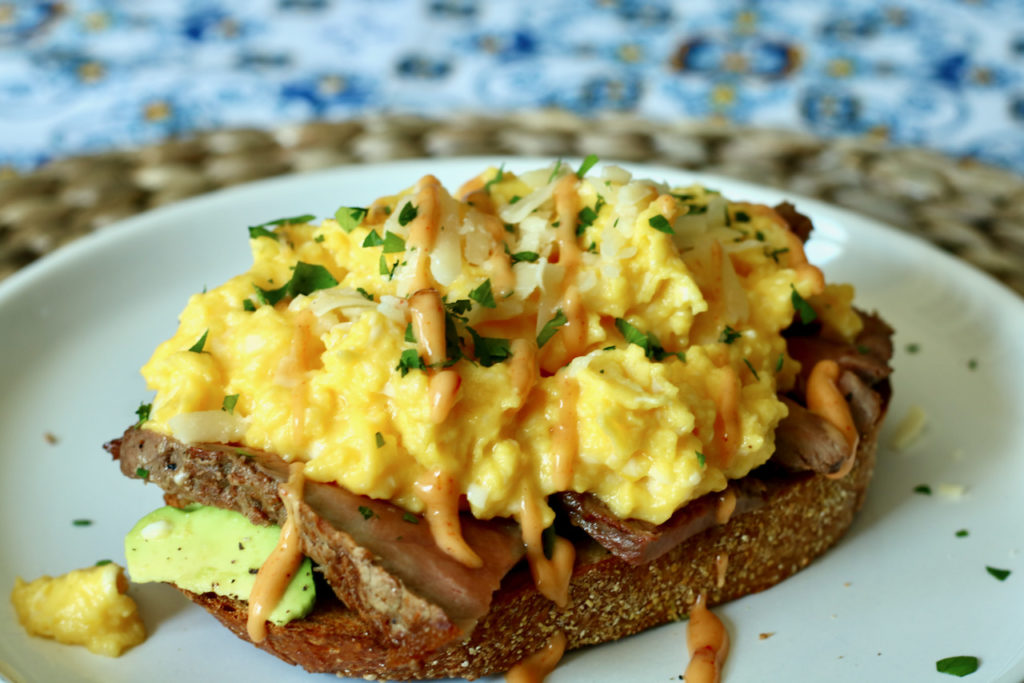
Steak & Soft Scrambled Eggs 
Bacon & Spinach Quiche 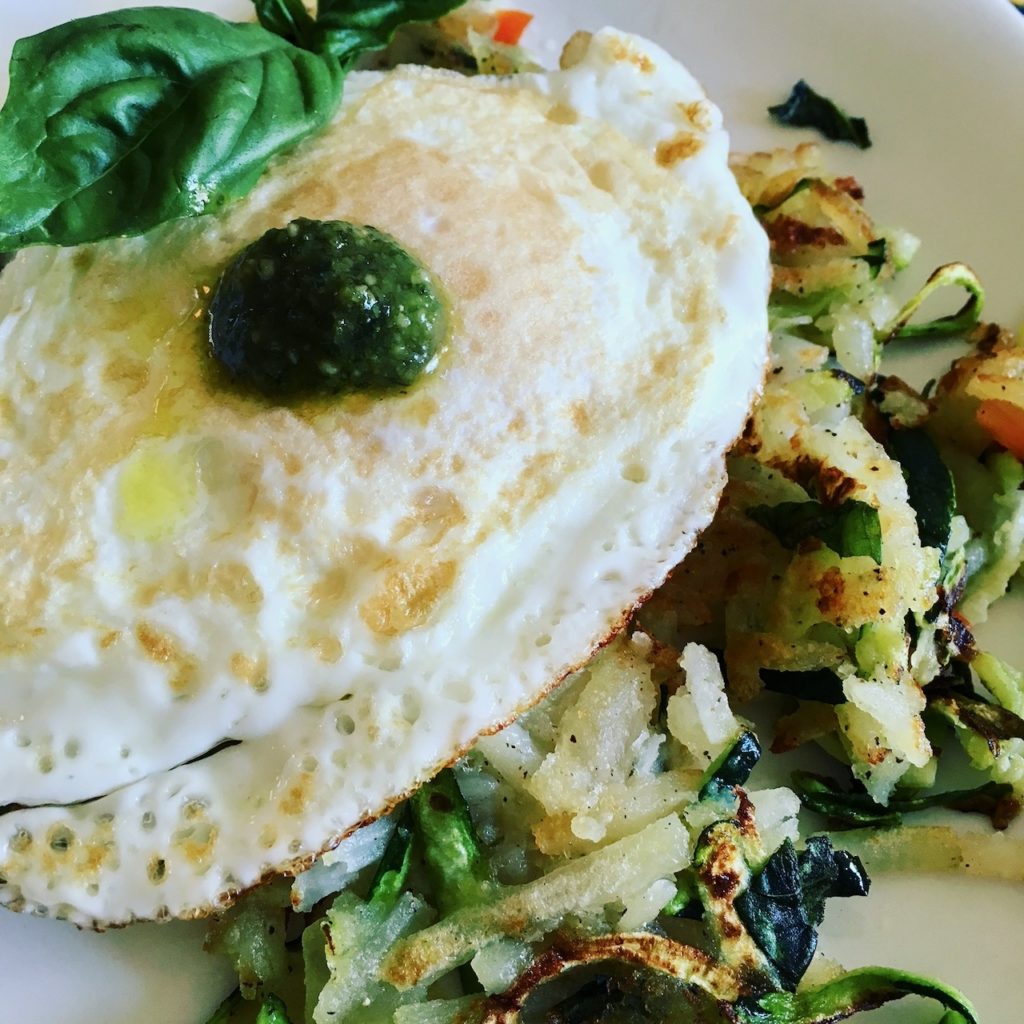
Hash, Eggs & Pesto
Tips on Buying Eggs
Eggs are really not where you want to pinch your pennies. Mass produced, generic supermarket eggs come from chicken warehouses that are seriously repulsive if you care to do the research. The nutritional composition of low quality eggs is…well, low. The chickens are fed poor quality, soy supplemented, feed. They are given a variety of antibiotics to stop the spread of the high amount of diseases caused from the chickens being forced to live in incredibly crowded quarters. They are given hormones to help them produce more eggs. All of the antibiotics and hormones and lack of ability to move naturally or lay eggs naturally, gets passed on to us, the eaters.
Don’t be fooled by terms like “natural” and “free-range.” Free Range often refers to the ability for the chicken to move. That could mean they can move 5 inches. It can mean they have access to a single exit and entrance of the chicken coop for 5000 birds. It’s not a quality indicator.
Instead, look for eggs that indicate how much free range space is given. Good eggs will also indicate if the eggs are soy free, if the chickens are pasture raised. And look for vegetarian fed diets.
Utility Eggs vs Farm Eggs
The chicken’s diet is a direct indicator of the color of the yolk. Typically, the healthier the chicken and the healthier the diet, the more intensely yellow the yolk will be.
In the image below, left is a basic utility egg. On the right is a farm egg. Note the intensity of color of the yolk in the farm egg and the clarity of the whites compared to the basic egg.
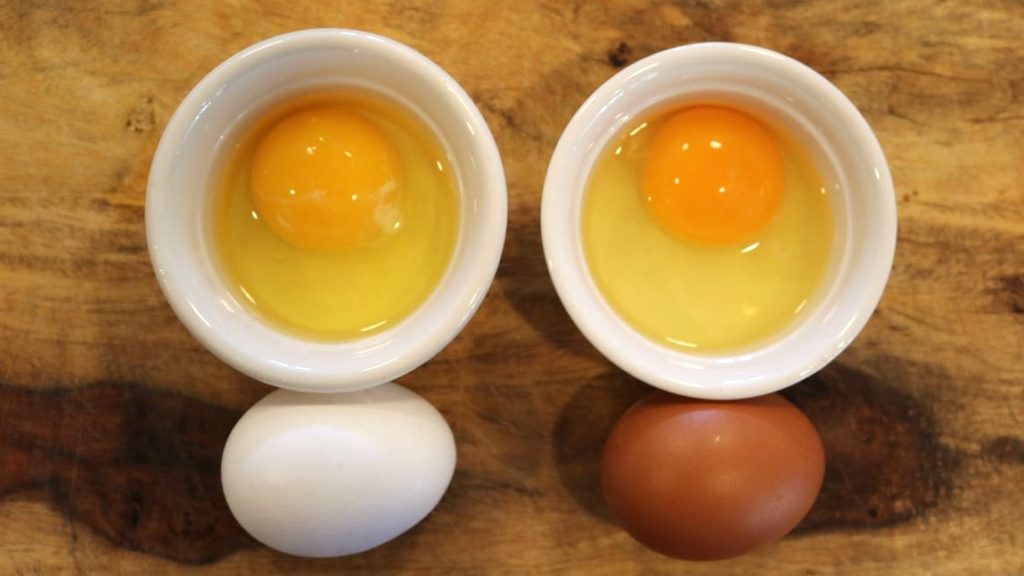
My preferred Eggs

I have a few local farms and farmers markets near me so I usually buy my eggs there. However, sometimes I need to buy them from the grocery store. When I do, my preferred brand is Oliver’s Organic Eggs. They are pastured raised, vegetarian fed, soy free, give no hormones, antibiotics and do not liven cages. They are provided over 70 ft of pasture per hen. I’m a fan.
